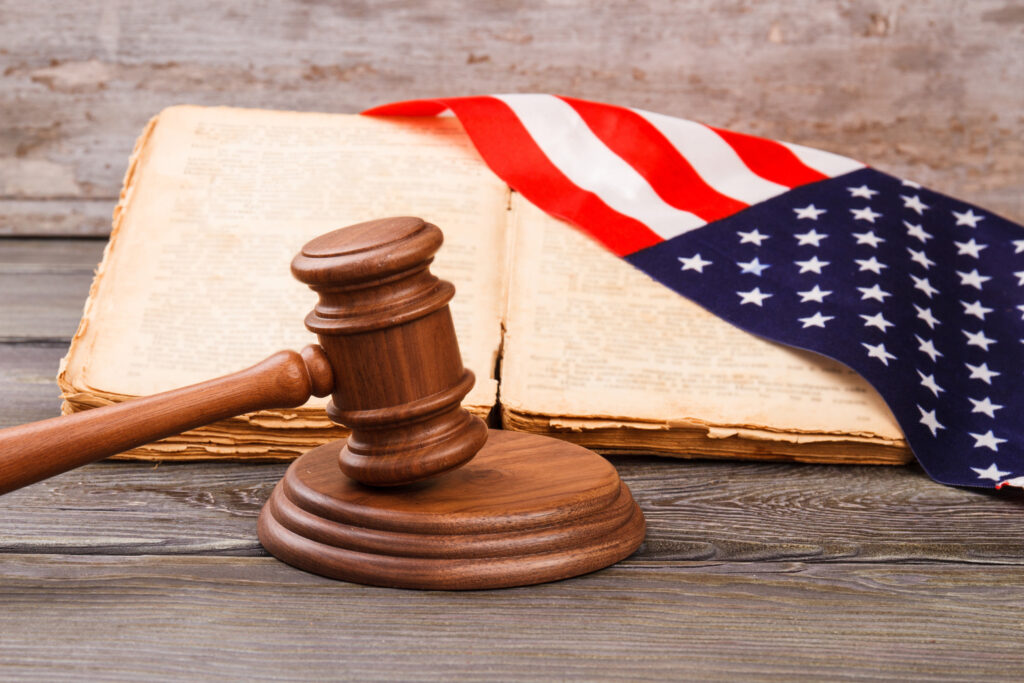The Navy-Marine Corps Court of Criminal Appeals recently decided the case of United States v. Nina. LCpl Nina was investigated for the introduction, possession, and distribution of LSD aboard Camp Pendleton, California. When he was interviewed, LCpl Nina admitted his crimes and named the Marines to whom he distributed the LSD, as well as the civilian from whom he purchased it. He also named another Marine who assisted him in distribution. LCpl Nina pled guilty to several charges related to these offenses and entered into a plea agreement with the Government. At trial, LCpl Nina was sentenced to a bad-conduct discharge, 12 months confinement, reduction to E-1, and total forfeiture of all pay and allowances.
A servicemember can benefit from providing assistance to the Government in two ways. First, for offenses that carry a mandatory minimum sentence (rape, sexual assault, rape of a child, sexual assault of a child, attempt to commit any of these offenses, or conspiracy to commit any of these offenses), a convening authority and an accused can enter a plea agreement that caps the sentence below the mandatory minimum if the accused has provided substantial assistance in the investigation or prosecution of another person who has committed an offense.
Second, a convening authority may reduce, suspend, or commute the sentence of any accused who provides substantial assistance in the investigation or prosecution of another person. The convening authority may only do so when the trial counsel assigned to prosecute the case recommends it. This recommendation must be the recommendation of the trial counsel alone and no one else may direct the trial counsel to make or not make the recommendation.
After his trial, the defense counsel contacted the trial counsel who prosecuted LCpl Nina and asked him to make a recommendation for a reduction in the amount of confinement awarded based upon LCpl Nina’s assistance in naming his customers, his supplier, and his accomplice. The trial counsel initially responded saying “Sounds good, I’ll route it up.” The trial counsel later informed the defense counsel that he had a short submission drafted and ready but was waiting on input from his senior trial counsel and regional trial counsel. He said that the submission was “pending approval/denial” in accordance with a regional trial counsel policy.
Eventually, the trial counsel spoke with his senior trial counsel on the matter. The senior trial counsel did not believe that LCpl Nina’s statements to investigators constituted substantial assistance. The trial counsel then determined that LCpl Nina’s actions did not warrant a substantial assistance recommendation to the convening authority.
The senior trial counsel sent an email to LCpl Nina’s defense counsel informing him that the Government would not provide a recommendation for a reduction of LCpl Nina’s sentence. The senior trial counsel told the defense counsel that the decision was his. When defense counsel asked if the senior trial counsel had kept the recommendation letter from going to the convening authority, the senior trial counsel reiterated that it was his decision.
In a post-trial motion, LCpl Nina argued that the senior trial counsel had exercised unlawful influence over the actions of the trial counsel. Rule for Courts-Martial 1109(e)(2) requires the trial counsel assigned to the case to make the decision and prohibits any other person from directing his decision. The military judge heard the matter but determined that the trial counsel had come to his own conclusion about the recommendation after getting “advice” from the senior trial counsel. The judge found that although the senior trial counsel told the defense that the decision was his, it was actually the trial counsel’s decision and was therefore free from unlawful influence.
On appeal, the Navy-Marine Corps appellate court agreed with the military judge’s ruling and affirmed LCpl Nina’s conviction and sentence. If you or your loved one is facing a court-martial or wants to appeal a court-martial conviction, you need someone with experience who knows the law. I have the experience you need. Please call Bill Cassara at (706) 445-2943 for a free consultation.

